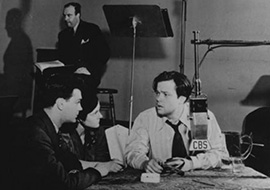
The Mercury Theatre on the Air was the radio home of Welles's ground-breaking Mercury Theatre Company. Following the success of Welles's radio adaptation of Hugo's Les Miserables, CBS requested a 13-episode run with Welles starring and directing, transferring the already well-regarded Mercury Theatre to the radio..
First broadcast at 9pm on July 11, 1938, the productions were hour-long adaptations of both classic and contemporary literature, often told in the first-person, and always featuring a 23-year-old Orson Welles in the starring role(s). Their success, which had always been more critical than popular, peaked with the notorious broadcast of H.G Wells’ War of the World on October 30, 1938, which was said to have sent hordes of credulous Americans fleeing from the cities.
Delighted though Welles no doubt was by this mischief, in spite of his fervent denials, it spelled the arrival of a large sponsor - Campbell’s Soup - who changed the name and began to apply their expertise in grey soup manufacturing to radio theatre. The degree of interference by Campbell's, which went far beyond their excruciating adverts interrupting the drama, led to a slow decline in quality and to Welles’s eventual departure. The theatre continued in various guises until the mid 1940s, and a selection of these broadcasts will be added to the site.

When trying to amass my own collection of these recordings, I turned to the internet having failed to find any CD or Vinyl copies for sale in the real world. Scattered untidily across various websites, notably The Internet Archive, were more or less complete collections of varying quality and in various formats. No single collection contained the 'best' of these recordings, and many were in redundant formats. It seemed a shame that such ground-breaking productions should be so... unloved. It felt as if the fact that they had no commercial value, being in the public domain, had somehow robbed them of their cultural value.
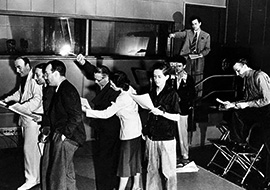
It felt like someone should at least 'organise' all these copies floating around, so I set out to build a site to house the best-quality recording of each show that I could find, and to enable people to download and listen to them. I cleaned up each track, improving the quality and tidying up the lengths and formats. It took nearly 3 months to complete, and this site is the result - I hope you enjoy it!
The site was built, and the audio remastered by by just one person. I've been a fan of Orson Welles since childhood, as well as a lover of radio theatre. The Mercury Theatre on the Air is one of those happy accidents, where two of your favourite things collide. When not struggling to build websites I'm an filmmaker and teacher, born in London and living in Paris. You can find out what else I get up to here.
"But what can I do to help?" you ask excitedly - well, nothing except enjoy these great recordings. Of course if you're desperate to chip in with the server costs you can contact me, but even more fantastic would be if you have access to original, high-quality (vinyl, CD or cassette) copies of these shows then please get in touch. They are incredibly hard to find, but I'm very sure they exist.
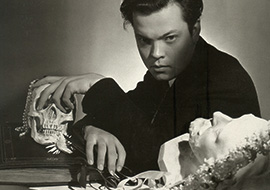
Around half of the existing recordings are in pretty good condition and needed little more than removing hums and correcting glitches. Around a quarter required some more work removing cracks, distortion and other artefacts. A final quarter were quite badly damaged, sometimes with parts missing, and have been cleaned up as much as possible, but are not always easy on the ear. However each version is as close to the original as possible, and this is the first time they have all been remastered. I am constantly on the lookout for better master copies.
Most of the recordings contain a break around halfway through, what is sometimes revealed to be for ‘station identification’, in the middle of each recording. The words ’station break’ abruptly spoken by a weary voice with the curiously despondent slur of a man who’s fought the world and lost. This is then follow by a very long pause, the occasional high-pitched squeal to keep the viewer alert, then the same voice announces, as if it were the last thing he expected, that the play is resuming. In most cases these have been removed except where musical interludes dictated they remain.
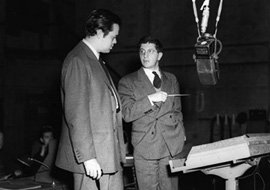
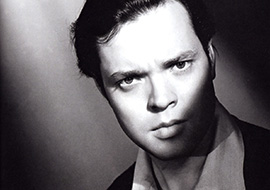
The full audio recordings, squeals, pauses and all, are available on request. Orson Welles’s introductions, which are occasionally minor masterpieces in themselves, have been kept. For some plays there is no introduction, the introduction has been lost, or it involves some form of generic network advertising, in which case they have been removed. It wasn’t easy to decide what to trim, but the guiding principle was to preserve the productions as coherent, self-contained entities, not as historical curiosities for which all form of peculiar interruptions might be deemed more ‘authentic’.
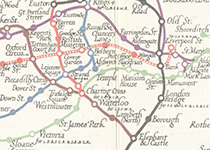
Chesterton's remarkable, cryptic thriller.
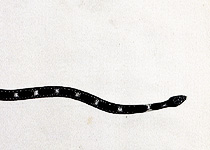
Welles wanted Conrad's novel to be his first film but this is the closest he got.
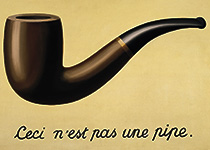
Welles wrote his own take on Holmes, tackling his nemesis Moriarty.
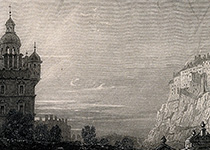
Dumas' epic tale of one man's quest for revenge and redemption.
"We're born alone, we live alone, we die alone. Only through our love and friendship can we create the illusion for the moment that we're not alone."
Orson Welles